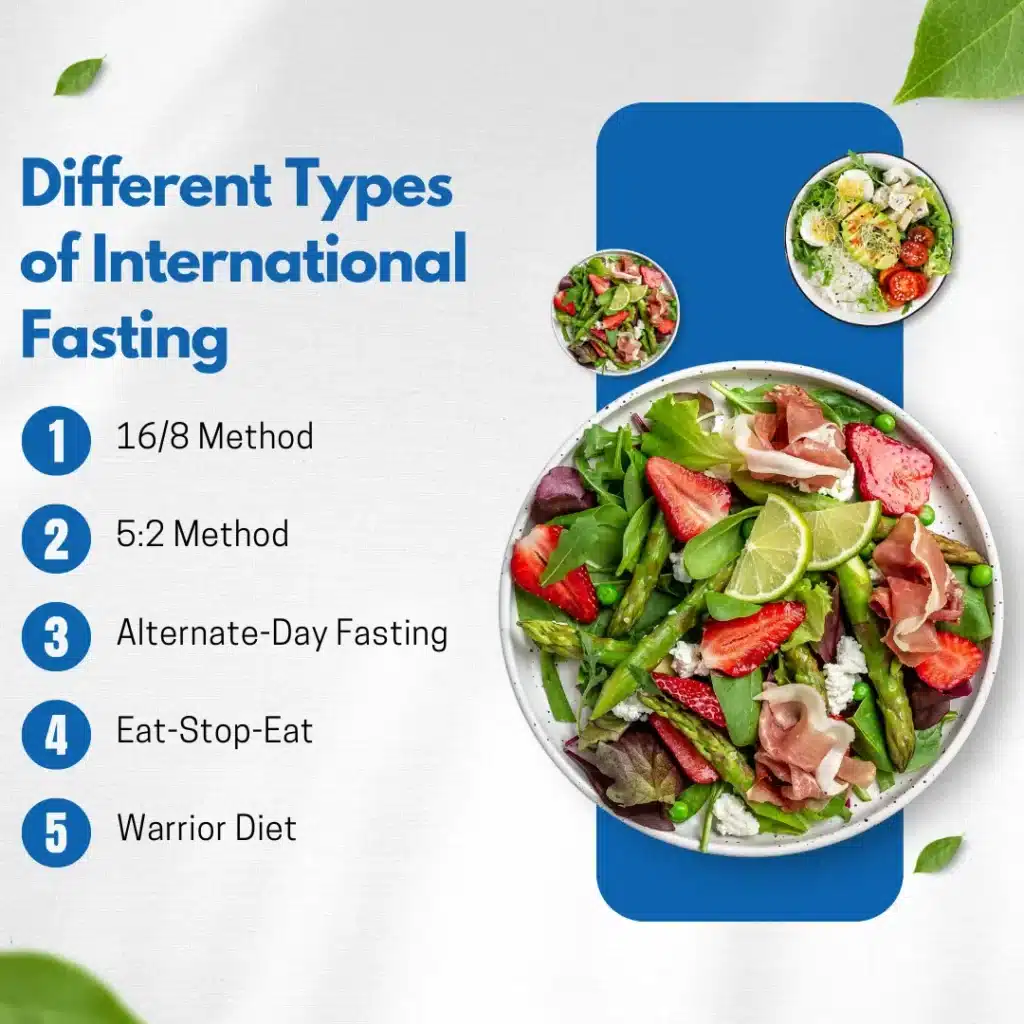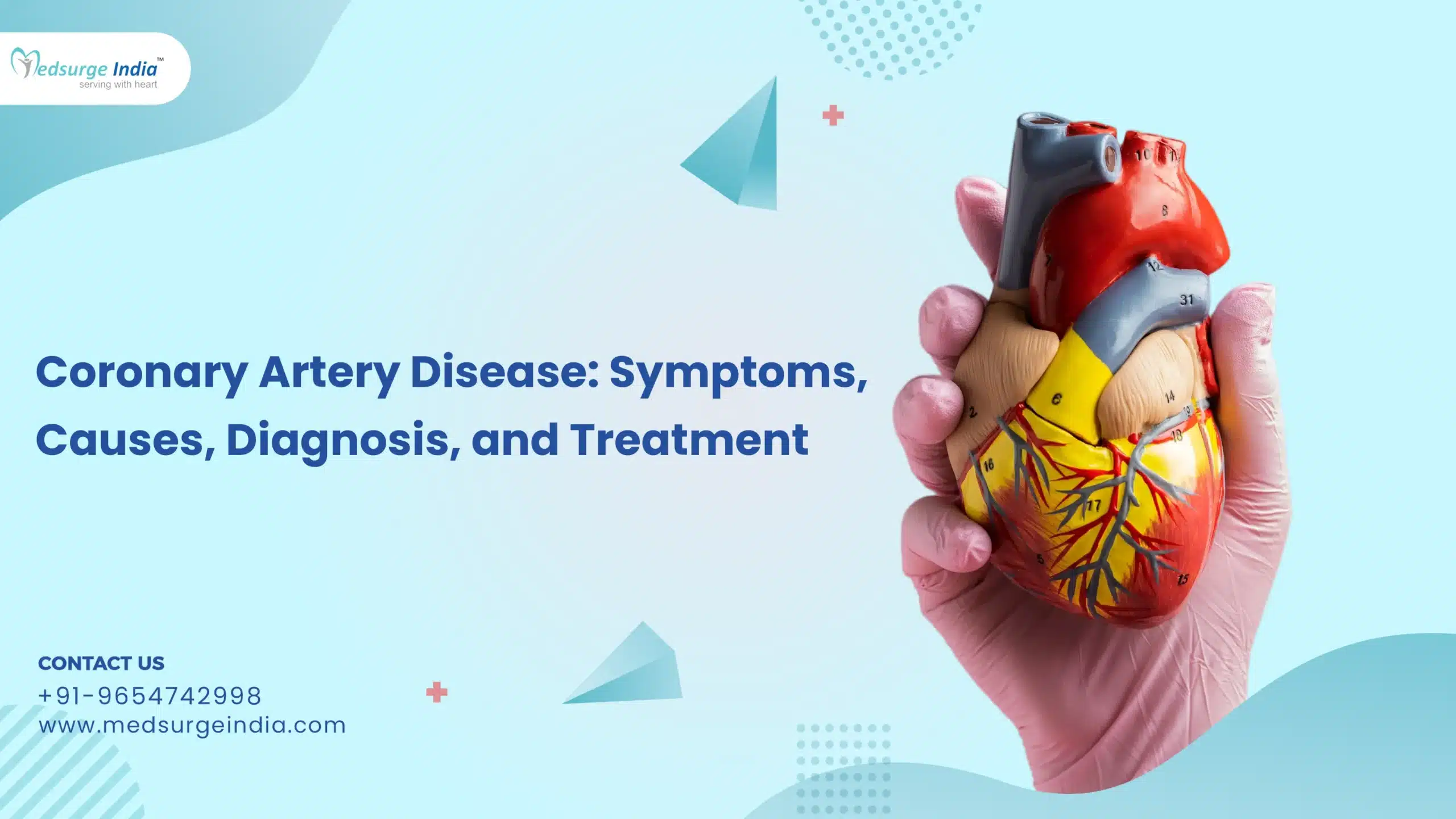
Intermittent Fasting: A 7-Day Indian Diet Plan for Optimal Results.
Intermittent fasting has gained considerable popularity as an effective method for weight loss and improving general health. It’s the ability to improve fat burning, optimize metabolism, reduce calorie intake, and increase growth hormone levels. It also encourages commitment to a healthy diet, which has attracted the attention of many people who want to change their lifestyle.
Choosing the right foods for intermittent fasting can be daunting and choosing the right foods, portions, and meal times is critical to ensuring the effectiveness of fasting and maximizing its benefits. Without careful consideration, the whole purpose of fasting can go to waste.
It’s no wonder that many people are confused about what to eat and how to structure their meals. This blog aims to provide a 7-day meal plan for intermittent fasting and important tips that will help you to successfully navigate your eating habits.
What is an Intermittent Fasting Diet Plan?
Intermittent fasting is a very versatile way of fasting with deep historical and cultural roots and takes different forms in different societies. This eating pattern involves cycling between fasting and eating periods and focuses primarily on restricting food during certain periods of time based on an intermittent fasting schedule.
Intermittent fasting does not prescribe certain foods to eat or avoid but instead focuses on enjoying them. This flexibility allows people to tailor their intermittent fasting meal plan to their preferences and lifestyles. This makes it a popular choice among those looking for weight management and potential health benefits.
Different Types of International Fasting
With the rise in popularity of intermittent fasting (IF), various methods have emerged:
16/8 Method
The 16/8 method of intermittent fasting involves fasting for 16 hours each day and consuming all meals within an 8-hour window.
5:2 Method
In the 5:2 method, individuals eat normally for five days of the week and significantly reduce calorie intake on the two non-consecutive days.
Alternate-Day Fasting
As the name implies, alternate-day fasting involves alternating between days of fasting with very few or no calories and regular days with normal calorie intake.
Eat-Stop-Eat
The Eat-Stop-Eat intermittent fasting plan consists of fasting for a full 24 hours once or twice a week, followed by regular meals the next day.
Warrior Diet
The Warrior Diet requires fasting during the day and consuming one substantial meal in the evening. This regimen must be followed daily until desired results are achieved, demanding strong determination and discipline.
Important Guidelines to Consider Before Planning an Intermittent Fasting Meal Plan
Embarking on an intermittent fasting journey may initially appear overwhelming, but with the right approach, it can become a successful and sustainable method to achieve your health and weight loss objectives. To ensure your success, there are a few crucial guidelines to keep in mind.
First and foremost, it is essential to have a clear understanding of the foods you should include in your meal plan and those you should avoid. By selecting the right foods, you can ensure that you feel satisfied during your eating windows and maintain a healthy balance.
When it comes to choosing foods that will keep you satiated during your alternate-day meals, it is advisable to focus on options that are high in protein and fiber. These types of foods have proven to be remarkably filling. Incorporating whole grains, lean meats, fish, eggs, tofu, nuts, seeds, and vegetables into your meal plan can provide both satiety and essential nutrients to support your overall well-being.
On the other hand, it is crucial to steer clear of foods that contain high amounts of sugar or refined carbohydrates. These types of foods can cause fluctuations in your blood sugar levels, leading to feelings of hunger and fatigue. Instead, opt for complex carbohydrates such as whole grains and legumes. These foods provide a steady release of energy, helping you sustain yourself throughout your fasting periods.
Additionally, it is advisable to avoid consuming junk and processed foods as they tend to be high in calories and unhealthy fats. Indulging in these types of foods can counteract the positive effects of intermittent fasting.
By following these guidelines and making informed choices about the foods you consume, you can optimize the benefits of intermittent fasting and work towards achieving your health and weight loss goals.
How One Should Schedule Meals
When organizing your meals for intermittent fasting, establish a schedule that works for you. Many find it helpful to start fasting after dinner and break the fast with a late breakfast or lunch the next day, known as the 16:8 technique. Listen to your body and adjust as needed, such as shifting your eating window or increasing protein and fiber intake if feeling hungry or fatigued. Experiment with different schedules and meals to find what works best for you. Remember, intermittent fasting should be customized to fit your lifestyle and health needs.
7 Days Indian Diet Plan for Intermittent Fasting
Day 1
| Breakfast | 2 Besan Cheela with Green Chutney |
| Lunch | Grilled chicken breast salad with mixed greens, tomatoes, cucumbers, and, a serving of quinoa or brown rice pulao |
| Dinner | Spinach and mushroom gravy with Millet chapati |
Day 2
| Breakfast | 1 bowl of oats porridge with fruit toppings |
| Lunch | 1 Katori sauteed paneer with veggies, Protein-packed smoothie (spinach, banana, almond milk, protein powder)- 1 glass |
| Dinner | Stir-fried vegetables and white rice and 1 boiled egg |
Day 3
| Breakfast | 3 scrambled eggs with toast |
| Lunch | Moong dal cheela with tofu stuffing with 1 Katori raita |
| Dinner | Rajma salad with Mixed vegetable soup with fiber |
Day 4
| Breakfast | 1 Katori sambhar with Black coffee |
| Lunch | Scrambled eggs or tofu with spinach and mushrooms – two whole eggs |
| Dinner | Baked chicken breast with roasted sweet potatoes and steamed green beans. |
Day 5
| Breakfast | Chia seeds soaked with dry fruits |
| Lunch | Protein pancake with sliced bananas and a drizzle of honey with Two boiled egg whites |
| Dinner | Palak paneer (spinach and cottage cheese curry) with roti and Mint chutney |
Day 6
| Breakfast | 2 egg omelet |
| Lunch | 1 bowl of quinoa vegetable pulao |
| Dinner | Mushroom, tofu, and bell pepper stir-fry with Brown rice pulao |
Day 7
| Breakfast | 1 bowl of vegetable poha |
| Lunch | Chickpea and vegetable curry with whole wheat chapati and Cucumber onion salad |
| Dinner | Raita with Vegetable brown rice biryani |
Tips You Need To Know Before Starting Intermittent Fasting
Select a Fasting Technique
With a variety of intermittent fasting techniques available, you have the freedom to choose the one that best fits your daily schedule and personal preferences. While the 16/8 method and the 5:2 method are popular options, there are numerous others to explore in order to discover the fasting approach that suits you best.
Hydration is Key
It is essential to prioritize proper hydration during fasting periods. Ensure you drink an ample amount of water, herbal tea, or black coffee (without any added sugar or cream).
Strategize a Nourishing Meal
When it comes to your eating window, focus on consuming well-balanced and nutrient-rich meals. Be sure to incorporate some of the recommended foods we mentioned earlier.
Pay Attention to your body.
Pay attention to your body’s hunger cues and how fasting affects it. Instead of forcing your body to comply with an abrupt diet, start small and limit harmful eating habits.
Track Your Growth
Keep a record of your weight, energy levels, general health, and how well IF works for you. Since everyone’s experience with intermittent fasting varies, it is imperative that you assess your progress.
Look for Expert Advice
Questions such as “What’s a 7-day meal plan for intermittent fasting Indian people?” are frequently asked. particularly if they have underlying medical issues. Speaking with a certified diet coach is advised.
Benefits of Intermittent Fasting
Intermittent fasting offers numerous advantages for those starting out on an intermittent fasting routine.
- It aids in weight management by encouraging calorie restriction and fat loss.
- It can improve immunity and decrease inflammation markers in the body.
- Another important benefit is its ability to enhance the body’s insulin response and regulate blood sugar levels.
- Intermittent fasting has been linked to improved brain function, cognition, and memory.
Research also suggests that intermittent fasting may contribute to longevity and offer protection against various chronic diseases.
Also Read: 11 Foods That Can Save Your Heart
Take Away
An intermittent fasting regimen offers a flexible and potentially effective strategy for regulating your eating habits and improving your overall health. Whether you opt for the 16:8 technique or another variation, the advantages of starting an intermittent fasting meal plan are plentiful.
However, it is crucial to strike a harmonious equilibrium between fasting and feeding windows by focusing on nutrient-rich foods. Monitor your body’s reactions closely and seek guidance from a medical expert to tailor your intermittent fasting routine to suit your requirements and daily routine.













